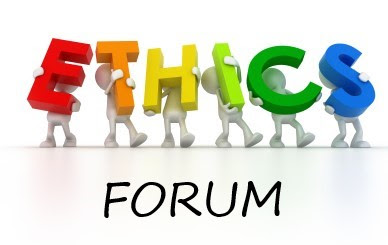 |
| Moroccan Military Officers |
According to new data from the Stockholm International Peace Research Institute (SIPRI), a think tank that collects data on international arms transfers, total military expenditure in Africa in 2009 was US$ 27.4 billion. Out of this, North Africa spent US$ 10 million in arms last year.
Military expenditure has been increasing all over Africa during the last decade. Indeed, by 2009, spending had increased by 62 percent compared to 2000 on a continental scale. This increase is however relatively low, compared to all other regions than Europe.
In an African context, the North is standing out, together with oil producing nations. Over the last decade, military expenditure increased by 107 percent in North Africa, compared to 42 percent in sub-Saharan Africa, SIPRI figures reveal.
African oil producers stand for the largest part in the increased military expenditure on the continent during the last decade. On top, the new oil producer Chad has increased its spending on arms by an incredible 663 percent. In sub-Saharan Africa, oil producers Nigeria (101 percent increase) and Angola (40 percent) remain the biggest arms spenders, next to South Africa.
In the North, two countries stand out as large arms spenders with rapidly growing defence budgets. Morocco increased its military expenditure by 127 percent from 2000 to 2009, according to SIPRI. Neighbour and foe Algeria at the same time increased spending by 105 percent.
Algeria and Morocco, even before the increased spending during the last decade, both were among Africa's top-three spenders on military equipment. The increase therefore even strengthens the ongoing arms race between the two neighbours.
The accelerating arms race came during a decade when the conflict over Moroccan-occupied Western Sahara was deepening. While earlier peace deals have collapsed and new negotiations came at a stalemate, the exiled Saharawi government - based in Algeria - has increasingly threatened to call off the ceasefire and return to war.
While the Saharawis, since the 1991 ceasefire, are lagging strongly behind in the arms race with the Moroccans, Algeria has managed to renew its already larger and better equipped army. The Moroccan-Algerian arms race indicates that both the Rabat and Algiers governments do not exclude a future armed conflict between the two countries over the Western Sahara issue.
afrol News earlier has reported that Morocco in 2009 was to double its defence budget in real terms, reaching 16 percent of total state expenditures. The Moroccan press had calculated Morocco's defence budget for 2009 to reach Dirham 34 billion (US$ 3.5 billion); or three times the 2005 budget.
But the boost in Moroccan arms spending is mainly a reaction to Algeria's very high defence spending over decades. Algeria counted for 89 percent of total arms imports to the North African region (excluding Egypt) in the 2005-09 period and thus strongly increased its military upper hand versus Morocco, according to SIPRI.
The SIPRI report, which makes reference to afrol News' article, discusses an Algerian-Moroccan "arms race", although concluding that the scientific definition of the term "arms race" would call for data of an arms import competition during "20-30 years". However, Morocco's new military acquisitions in 2008 and 2009 were "lending weight to arms race fears."
While the SIPRI analysis expresses concerns over the increased military build-up in the Maghreb, it concludes that "the likelihood of interstate conflict between Algeria and Morocco is low." Still, SIPRI holds that "these reactive acquisitions do not contribute to an improvement in Algerian-Moroccan relations."
From here.

No comments:
Post a Comment